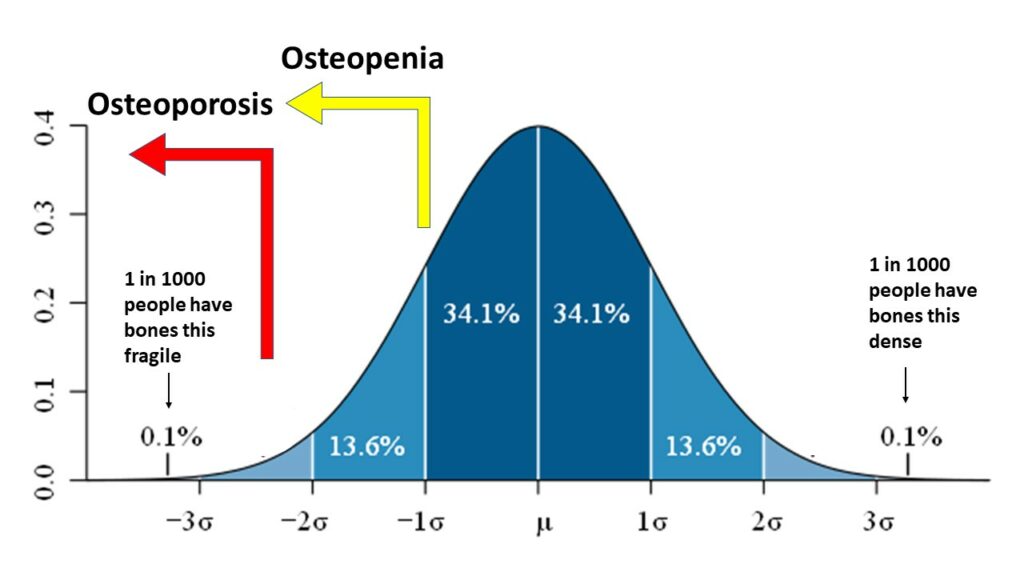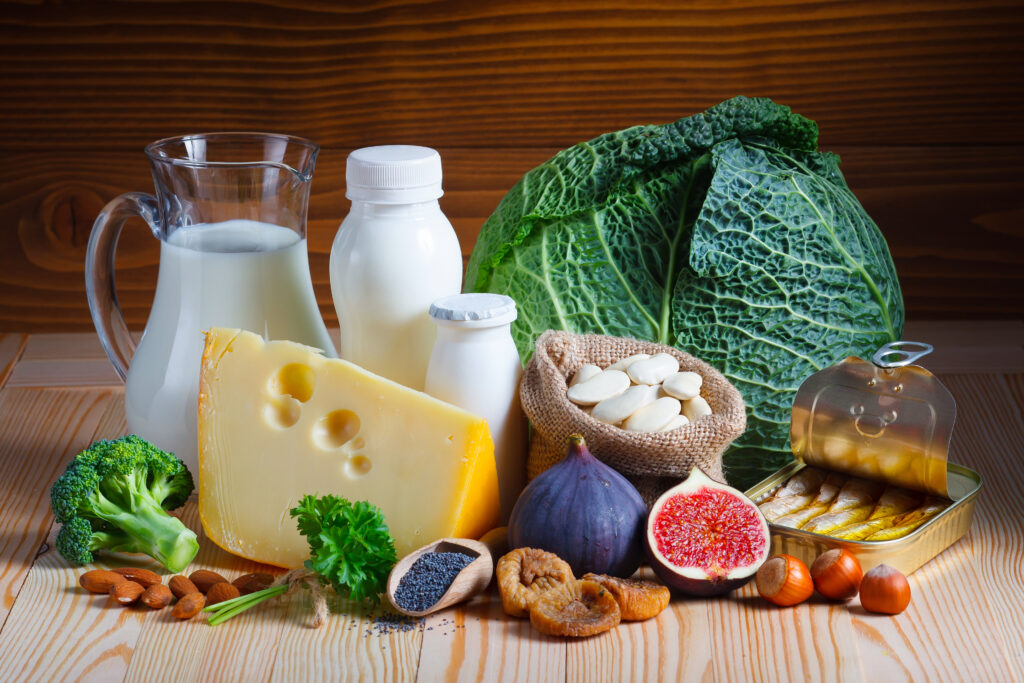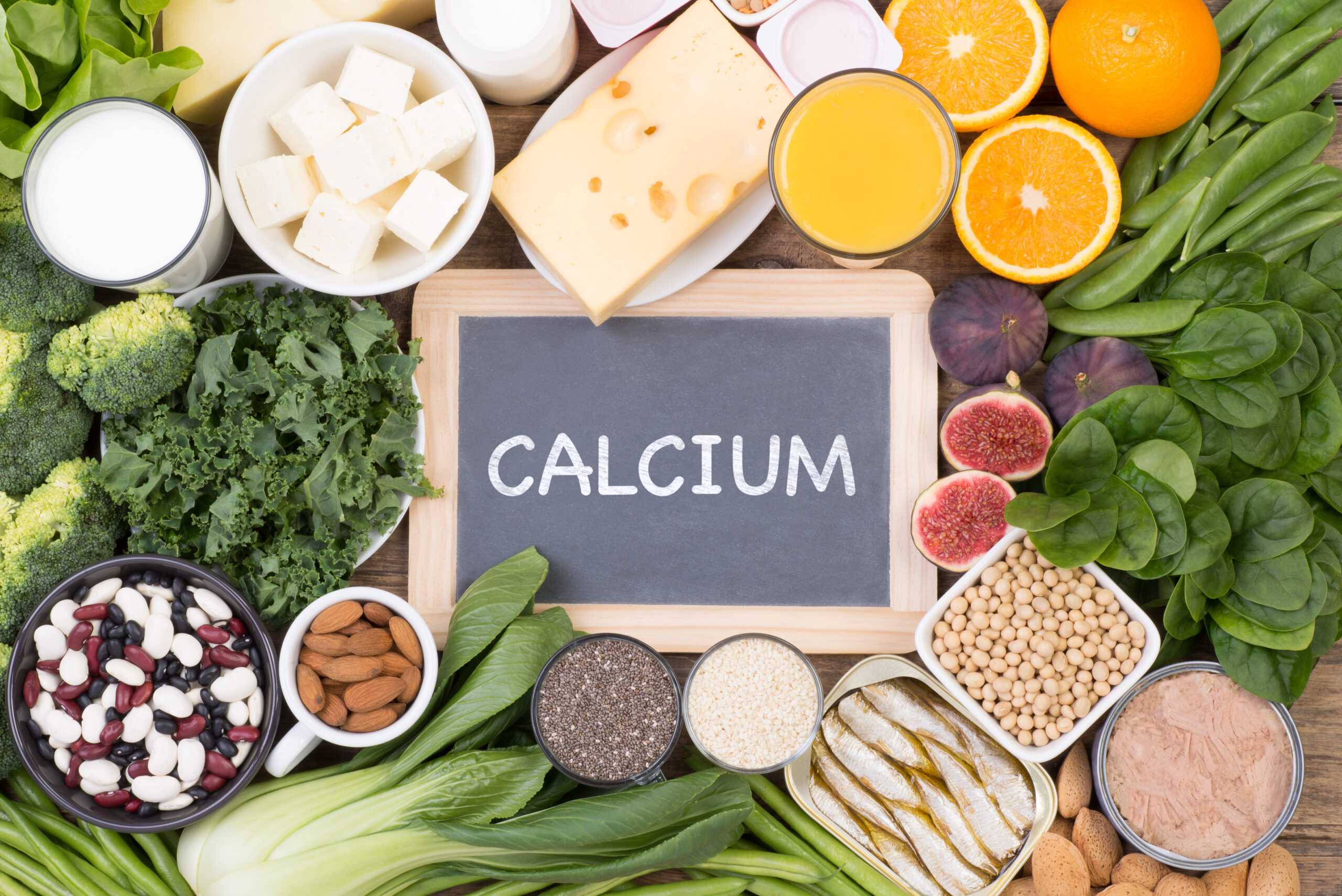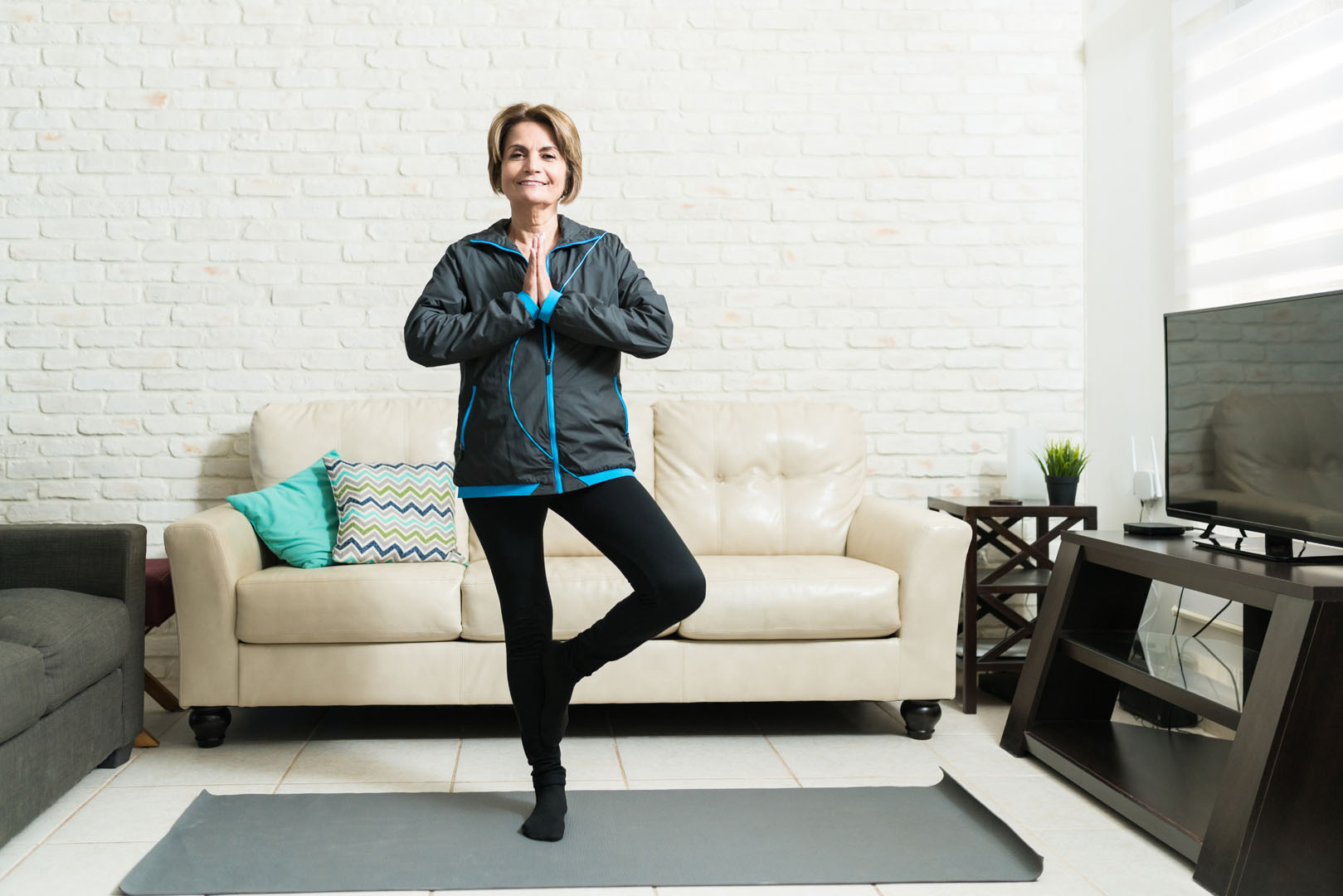Osteopenia is a condition in which a person’s bones have lost some density, but not so much that they would be diagnosed with osteoporosis. Some people think of it as pre-osteoporosis. However, osteopenia does not always lead to osteoporosis. Patients can avoid osteoporosis by learning about the condition and making lifestyle changes to prevent further damage.
How is Osteopenia Different from Osteoporosis?
Osteopenia is less severe than osteoporosis, but both are serious conditions. The difference is in just how much bone density loss someone has. If your bone mineral density (BMD) score is between -1.0 and -2.5, this is considered osteopenia. Any BMD scores lower than -2.5 are osteoporosis.
Another important difference is in the risks these conditions present. People with osteopenia are at risk of developing osteoporosis, which is typically the biggest concern. Patients with osteoporosis are at risk of bone fractures. These fractures can occur with very slight injuries that wouldn’t harm someone with healthy bone density.

Who is Most Likely to Have Osteopenia?
Half of all people who are over the age of 50 years live with osteopenia. The condition affects people across all demographics, but women who have been through menopause have the highest risk. Other factors increase the risk of osteopenia, including:
- A diet that is low in Vitamin D and/or calcium
- A history of smoking
- Taking certain medications, including some anti-seizure drugs, steroids, cancer treatments, and heartburn treatments
- Living with certain medical conditions, including Celiac disease, lupus, and rheumatoid arthritis
- A history of gastrointestinal surgery, especially if it inhibits the body’s ability to absorb nutrients
- A history of eating disorders, particularly bulimia and anorexia
The only way to know if you have bone density loss is to get a bone density test. If you are over the age of 50, it’s worth your while to get tested. Knowing your BMD is the first step in creating a plan to protect your bones.
Are There Medications for Osteopenia?
In many cases, there is no need to choose medication for osteopenia. Lifestyle changes are usually enough to slow the progression of bone density loss. However, doctors sometimes prescribe medications to people with osteopenia if they have already broken a bone or are very close to the BMD threshold between osteopenia and osteoporosis.
Medication options for osteopenia include:
- Bisphosphonates – medications that slow down the body’s natural process of breaking down bone.
- Teriparatide – a medication that acts in the same way as a hormone that is usually made in the parathyroid. This once-daily injection is the first medication to actually rebuild bone density.
- Raloxifene – this once-daily pill can reduce the chances of osteopenia progressing into osteoporosis, but more research is needed on the mechanisms of how it works.
Medications for bone density loss are not the simple, easy solution we wish they could be. They often come with side effects that are unpleasant or unbearable. That’s why lifestyle changes are so important when someone is diagnosed with osteopenia.
What Foods are Good for Osteopenia
Changes in your diet can make a big difference in your bone density. Generally, it’s good to add plenty of Vitamin D and calcium to your diet. You can get plenty of these nutrients from foods like:
- Dairy products
- Green vegetables
- Tofu
- Almonds
- Canned salmon or sardines (with the bone)
Another great way to get more Vitamin D is to get some sunshine. That’s right, even just standing outside and enjoying nature can improve your bone density. Just make sure to protect your skin too.

Food to Avoid If You Have Osteopenia
Most foods are safe to eat as far as bone density is concerned. However, it’s best to avoid substances like caffeine and cigarettes. Furthermore, many experts recommend cutting back on salt and only drinking alcohol in moderation. If you’re not sure how best to eat for bone health, contact a licensed professional.
What Can I Do to Prevent Osteoporosis?
In addition to changes in your diet, it’s important to exercise regularly. Some exercises are better for your bones than others. While walking can have many benefits, it’s usually not rigorous enough to build your bones. On the other hand, some more extreme exercises can put you at risk for injury, especially if you’re not used to them.
The Bone Builder System is an excellent choice for anyone who wants to exercise in a way that improves their bone density. Through these yoga and strength classes, you will build muscle, better your balance, improve coordination, and so much more. Learn more about this groundbreaking system and see if it’s right for you.



